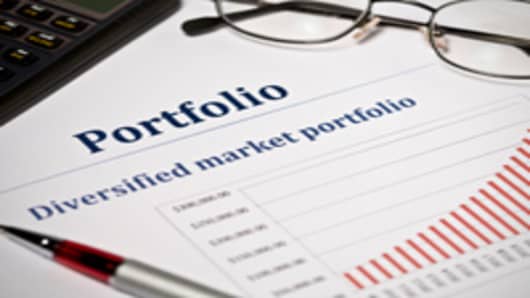Throughout the financial crisis of 2008 and the market lows of 2009 we have suggested that recovery would be a difficult and bumpy process.
Predictions of a V-shaped bottom seemed absurd based on all the available evidence. We hold to a rather simple view of economics. The US consumer represents about 70% of US GDP. Therefore, a strong US economy requires a strong US consumer. We have argued that the consumer is saddled with excessive debt, high unemployment rates, weak income growth, falling housing prices, inadequate retirement savings, and broad feelings of insecurity. These issues seem likely to weigh on the economy's growth potential for many more quarters if not years.
Yet despite these headwinds to recovery, we feel that the process of recovery has begun. Housing prices are much closer to bottoming and savings rates have increased. Despite continued reluctance to lend freely, banks have been recapitalized and their health is unquestionably better than 2-3 years ago. Low interest rates have allowed many homeowners to refinance, freeing up lots of discretionary income. Energy prices have come down, and higher stock prices have fueled strong increases in consumer spending (albeit mainly from wealthier consumers). Each of these factors has supported economic stabilization.
Unfortunately, the progress that seemed steady (if not robust) was sidetracked by the sovereign debt crisis in Europe. While the US still represents something less than a quarter of world GDP, the contribution from the European Union is even greater. The old adage "when America sneezes, the whole world catches a cold" can now be applied to Europe as well. In an increasingly interconnected world, Europe buys much of the products and services that US corporations produce. Moreover, world financial systems are inextricably linked such that a crisis in one region inevitably causes mayhem throughout the world.




